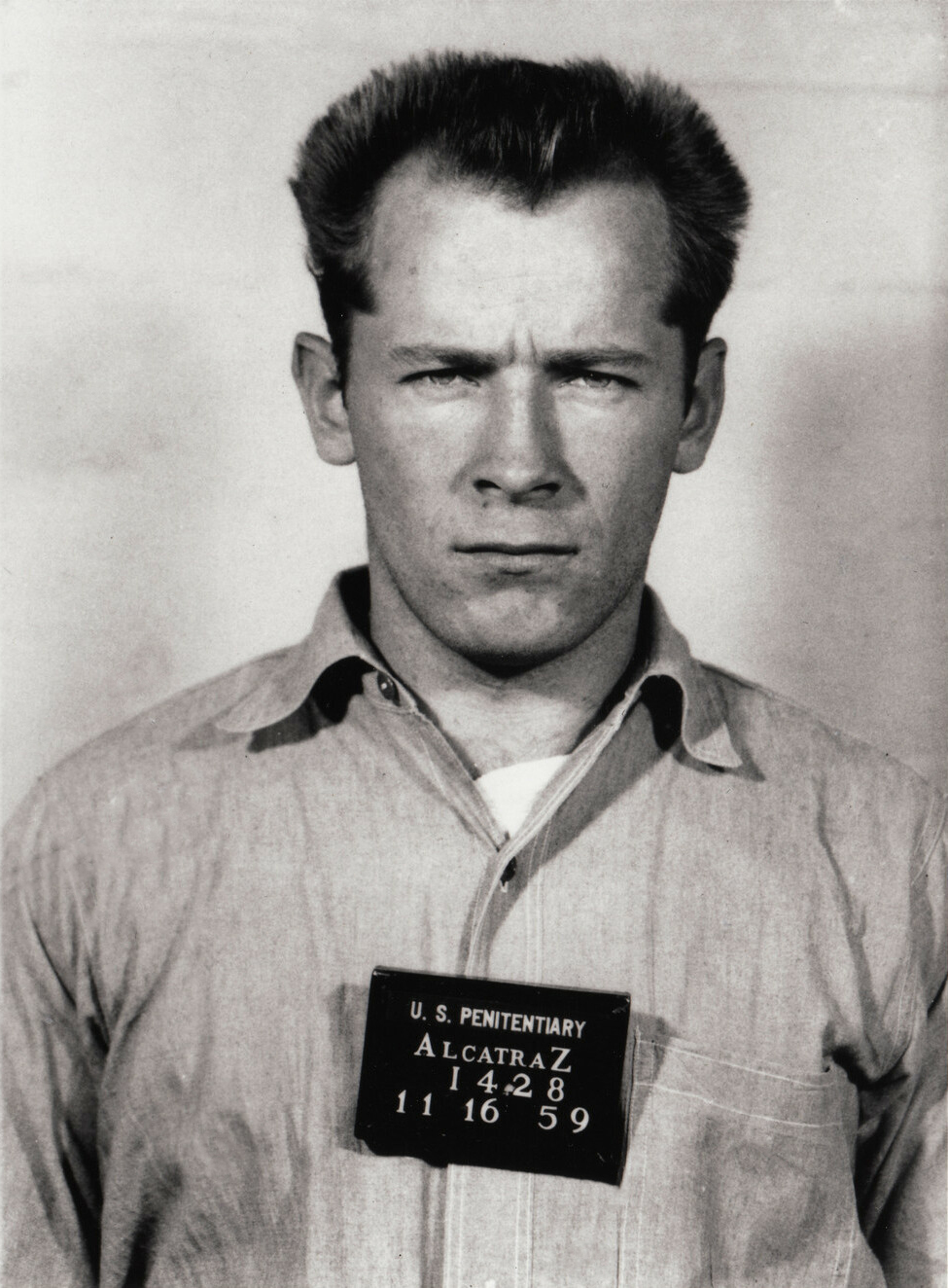In South Boston, Mixed Memories of Whitey Bulger
His name was heard up and down West Broadway, from Pat’s Trattoria, where the lunch crowd was picking up sandwiches, to Croke Park, a bar, oddly enough, also known as Whitey’s, where his mug shot loomed on televisions above the handful of patrons drinking their morning beers.
“We’re never gonna hear the end of this,” one man said while picking up his takeout lunch.
Whitey — no last name needed here, and certainly not his given first name, James — disappeared 16 years ago, and so missed the many changes in his old, solidly blue-collar neighborhood. Here places like Croke Park sit a few doors down from an artisanal chocolate shop, new condominiums inhabited by young banker-types are interspersed with triple-deckers and BMWs vie with old Crown Victorias for elusive parking spots.
“He would not even recognize where he lived,” said Mary Child, 75, who grew up around the corner from Mr. Bulger in the Old Harbor Housing project. She does not remember much of him, but was friendly with his brother, William M. Bulger, who always had “his face in a book” and later became president of the Massachusetts Senate and of the University of Massachusetts.
Ms. Child said she was “shocked” to hear of Whitey’s capture in Los Angeles on Wednesday night. “It’s the end of an era,” she said. “Allegedly he did a lot of bad stuff. I don’t know, but he did some good stuff, too.”
She added, “Even my mother, who passed away at 93 a few years ago, would say, ‘Why do they treat Whitey that way? He was very nice and opened doors for me.’ ”
“He was a legend,” Ms. Child said. “A lot of people say he was like Robin Hood.”
For many in the neighborhood, that legend was built on a personal encounter with Mr. Bulger.
Ms. Child said Whitey once “did a favor” for a friend whose shop was set on fire twice by the same person. “Someone got in touch with Whitey,” Ms. Child said.
“She said he had the most ice blue eyes that you wanted to crawl into. Hypnotizing,” she said. “He said, ‘Don’t worry dear, he’ll never bother you again.’ And he didn’t.”
But others had much darker memories of Mr. Bulger.
Paul McGrath, 47, a union stagehand and Teamsters member, said he hoped that Mr. Bulger’s capture put an end to an era that he said had stained the neighborhood where he was born and raised.
“A lot of honest blue-collar people built South Boston,” Mr. McGrath said over a sandwich. “For one guy to jump in and capitalize on people’s misfortune, it’s a long time coming. Second only to the Stanley Cup.”
He added: “Not everyone here is a gangster. As soon as you say you’re from South Boston, the conversation stops because everyone, including the F.B.I., thinks you have the back of Whitey Bulger. ”
People glamorized Mr. Bulger and the stories surrounding him for too long, Mr. McGrath said.
“They make light of it, like ‘Where’s Waldo’ or drinking games,” Mr. McGrath said. “What about the victims? What about the generations of people who lived in fear?”
Mr. McGrath said he believed that Mr. Bulger’s drug running helped fuel a culture of drugs in South Boston, the most recent iteration being prescription drugs.
Gary Davis, 61, said that while he did not know Mr. Bulger personally, due process should be served.
“He did his time, and he’s never been convicted of anything else,” Mr. Davis said of Mr. Bulger’s nine years in federal prison, beginning in the mid-1950s, for bank robbery. “He’s innocent until proven guilty.”
Still others were surprised that Mr. Bulger had evaded capture for so long in a place that was packed and bustling.
“In L.A.?” asked Sonia Lindsay as she worked the counter at the Shamrock Dry Cleaners. “L.A., that’s kind of shocking. It’s like he was right under our noses.”
http://www.nytimes.com/2011/06/24/us/24southie.html







0 comments:
Post a Comment